Reflections on Flipping Student Expectations with the OWL
by Eileen Hart
Before the fall semester, I planned a new approach to using the Excelsior University Online Writing Lab (OWL) as an Open Educational Resource (OER) in a college writing course designed for students who have been identified for developmental support.
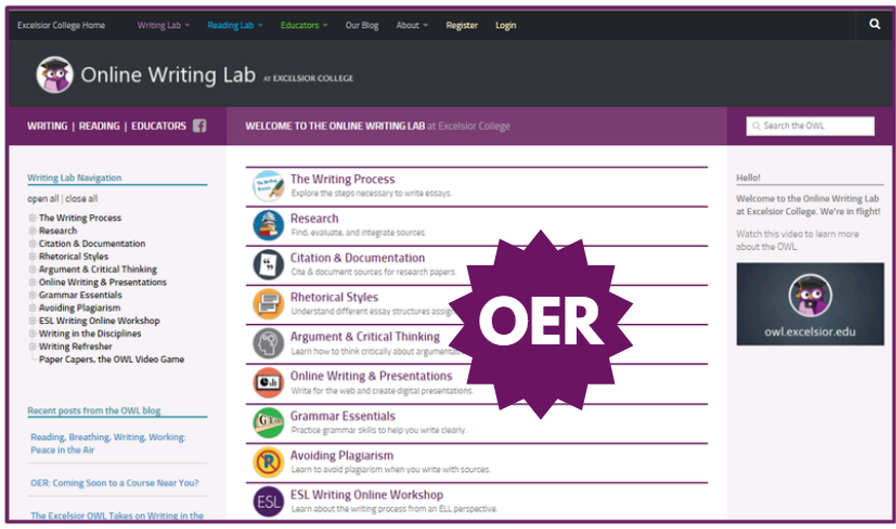
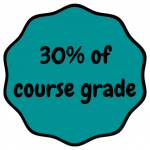
I was enthusiastic about flipping students out of the mindset that instructors stand in front of the class and tell students what to write down, what to remember, and what to value. Instead, students in this class would actively teach their peers by reviewing the assigned OWL readings for homework and presenting the content to the class. To encourage participation, I weighted daily participation as 30% of the final grade and created a point system in which students would earn one point for preparation, two points for participation, and one point for being on time and in class all period.
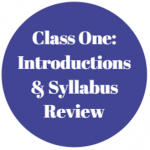
On the first day of class, I informed students that I had revised the calendar and assignments and that we would be experimenting with learning throughout the semester. Students actively engaged in peer introductions and presentations of syllabus material and then collaboratively wrote their own addendum to the syllabus.
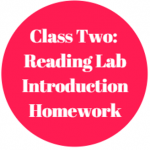
The second day of class, after students completed a pre-test writing assignment, I asked for volunteers to explore the OWL. While volunteers controlled the computer, students in their seats made suggestions of what to look at next. After the student-lead overview of the OWL, students previewed the assigned reading of four pages in the introduction to the Online Reading Comprehension Lab. Students clarified the expectation that they would write one complete sentence about each of the assigned webpages, as well as a brief summary of their understanding of the material.
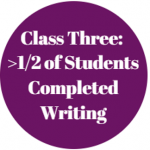
On the third day of class, I was surprised when over half of the students came with the first writing assignment completed. Students met in small groups to review their information and prepare to explain their assigned sections to their peers. They actively shared prior knowledge to contextualize what they had gleaned from the readings. Almost all of the students went to the front and displayed the OWL as they discussed their content—even students who had not prepared still went to the front to provide support for their peers. The students enjoyed the group interactions and presentations so much that it was easy to preview the material and discuss how deep they would go on readings for the next class.
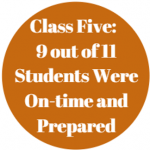 By the fifth class, nine of eleven students were coming on time and prepared with written summaries. This is when the students began offering suggestions and asking questions. For example, they challenged details of OWL content that contradicted the absolutes of their high school English teachers. We took the time to explore some of these nuances and preferences. The more we used the OWL, the more the students critiqued the content and delivery. As they took an active role in their own learning, they prompted changes in instruction. One day, when the reading load was particularly heavy, they divided the material among groups. They requested that I print the OWL handouts for them to share with their peers. Each group had to be present to teach their section because the others would not be reading it. I had used similar activities in other courses but had not considered this for the basic college writing course. My students showed me that I had underestimated them.
By the fifth class, nine of eleven students were coming on time and prepared with written summaries. This is when the students began offering suggestions and asking questions. For example, they challenged details of OWL content that contradicted the absolutes of their high school English teachers. We took the time to explore some of these nuances and preferences. The more we used the OWL, the more the students critiqued the content and delivery. As they took an active role in their own learning, they prompted changes in instruction. One day, when the reading load was particularly heavy, they divided the material among groups. They requested that I print the OWL handouts for them to share with their peers. Each group had to be present to teach their section because the others would not be reading it. I had used similar activities in other courses but had not considered this for the basic college writing course. My students showed me that I had underestimated them.
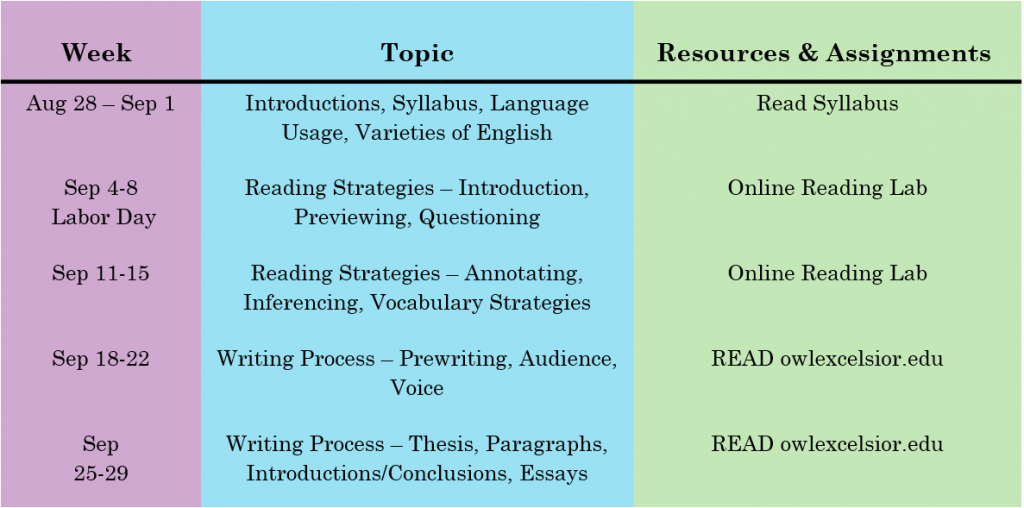
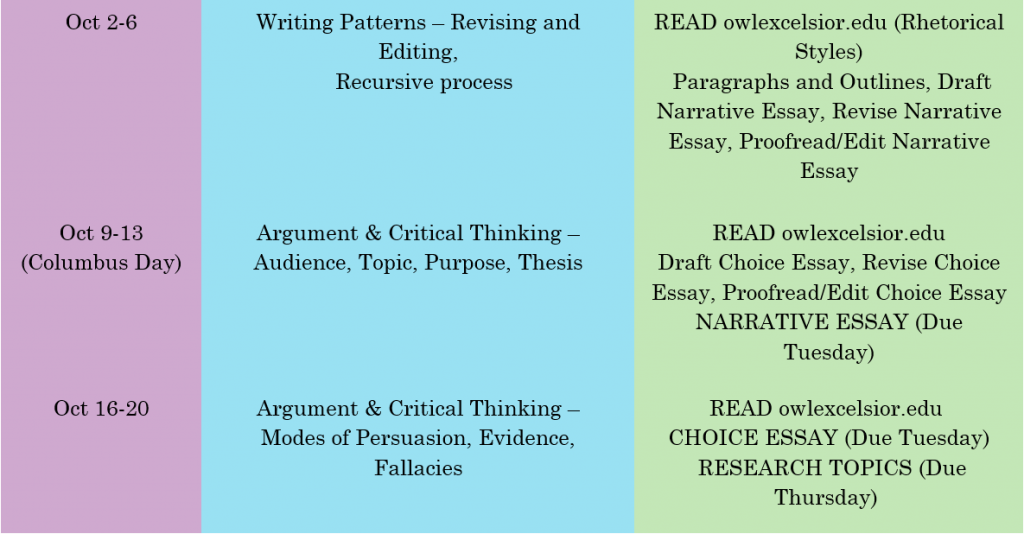
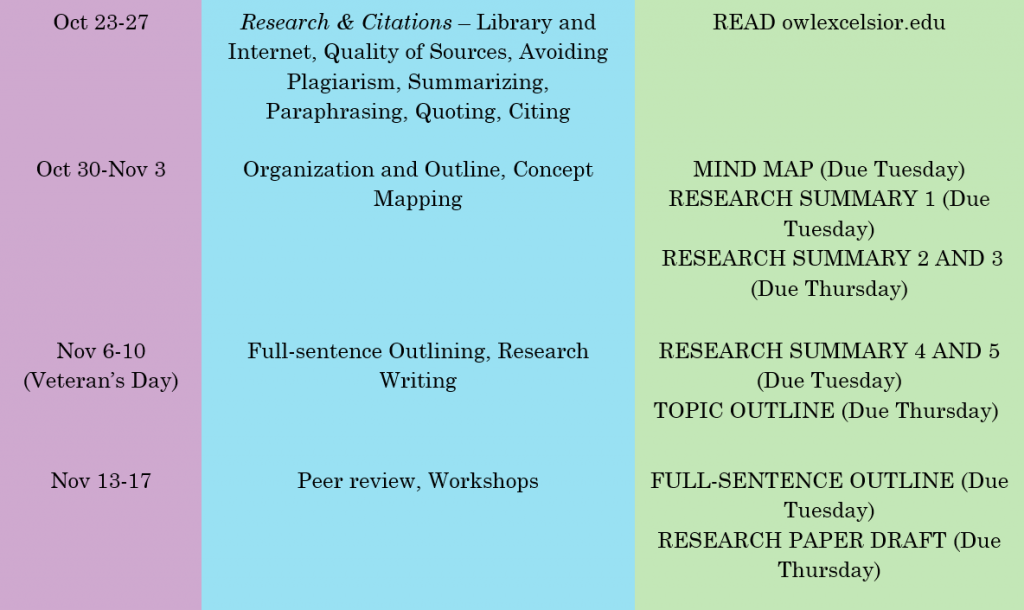
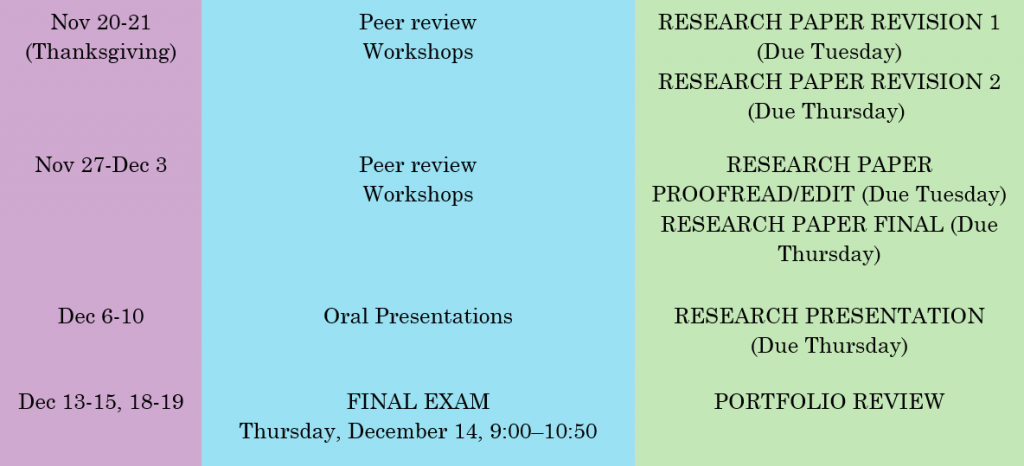
The OWL actually did become the tool to help me reach my goal of engaging “students in meaningful collaborative learning that supports academic competence and confidence,” and they moved toward “developing the reading and writing skills that they will need to achieve their college and career goals.” Students took the responsibility of learning for themselves and for their peers. At the end of the term, students recorded positive reflections on learning with the OWL. As one student commented, “I learned everything twice, so it helped me remember.”
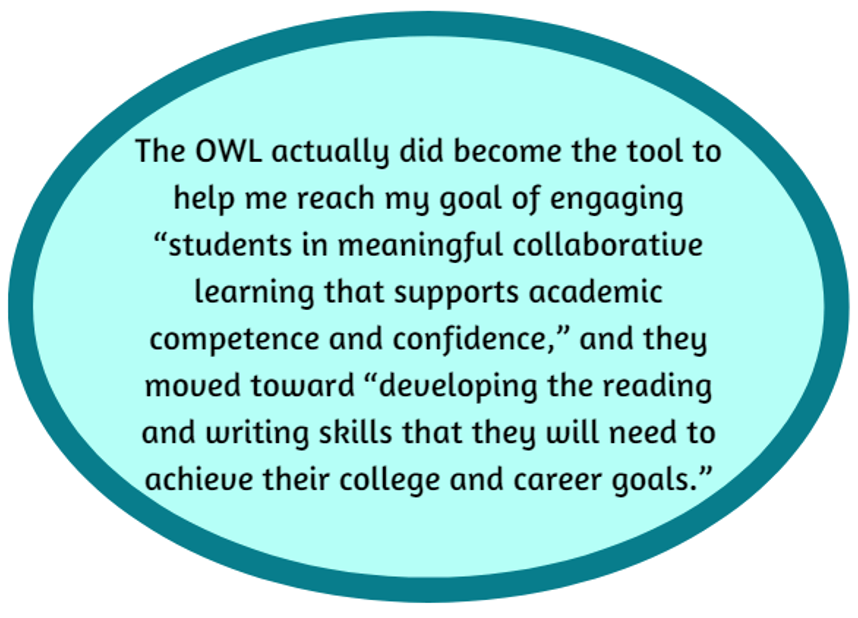
While it is satisfying for me to share this unexpectedly positive outcome, there is more for me to do next semester. Students must more deeply integrate the confidence they develop with OWL content by applying their knowledge to the tasks associated with research writing. As I work on that goal, I will keep in mind the amazing days of my first semester of flipping student expectations in Enhanced College Writing.
Eileen Hart is an Assistant Professor of English at Herkimer Community College and a member of the OWL National Advisory Board.
